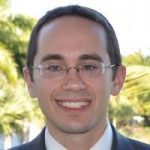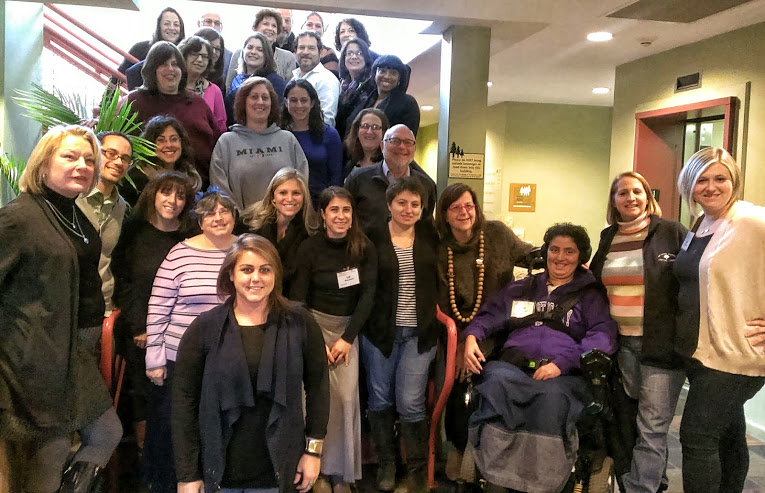
Leaving Behind The Disabled Vs. Abled Dichotomy
As an Orthodox pulpit Rabbi attending the Jewish Leadership Institute, I was in a familiar and unfamiliar setting. Discussing the values of kindness, empathy and inclusion with other Jews was certainly not a new experience. Doing so with the people leading the field of inclusion services and education, however, was something I had not done before. Exposure to these individuals was both uplifting and deflating; they are doing G-d’s work on earth, but their efforts are only a drop in the ocean of change that needs to take place in the Jewish world.
The most inspiring two hours of the Institute occurred on a chilly evening after dinner. Our group was assembled in our regular meeting room when a young man wobbled into the room with the assistance of his mother and looked at us with a grin. He took a seat and began to tell us his story. From the moment he opened his mouth, I was amazed.
He asked us to take out a piece of paper and make a list of personal shortcomings that we suffer from. On my list were being late and forgetting people’s names, among many others. He then asked us to choose a few items on the list and to form a creative acronym. Mine was LND, the Lateness and Name forgetting disorder. We were then instructed to introduce ourselves to the person next to us in the following way: “Hi, my name is X, and I have such and such (insert acronym).” For a moment, I felt what it felt like to be identified by my personal limitations. It felt horrible, as if my passions and talents were being overshadowed and pushed aside by something beyond my control.
That was an “aha” moment for me. My perspective on the words “disabled” and “abled” shifted as I began to appreciate that all of G-d’s creations are both abled and disabled in some way and we cannot allow societal conventions dictate that certain people are identified by their disabilities and others by their abilities. Granted that it can be useful to name certain obstacles that someone might have, which make them more vulnerable or that inhibit them from certain types of functionality, but this cannot continue to justify our condemning categorization of “people with disabilities.” All people are equally endowed with the divine blueprint and ought to be identified based upon their talents and strengths.
May we accept this new language and its underlying values upon ourselves and in doing so bring the world just a little bit closer to where it needs to be.
About the author Rabbi Noah Cheses currently serves as the Assistant Rabbi at Shaarei Shomayim, a large Modern Orthodox community in Midtown Toronto. He enjoys running, reading and writing in his journal.
Stay Included
To stay up to date on our most recent advocacy efforts, events and exciting developments, subscribe to our newsletter and blog!
















